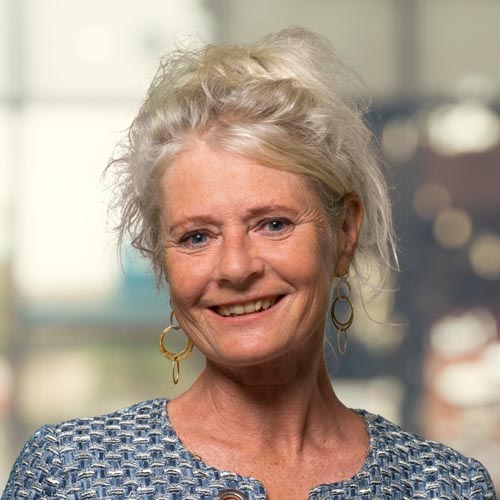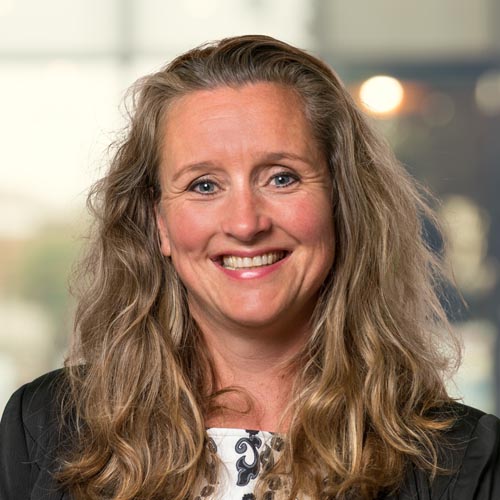
Youth: growing up healthy, safe, and with ample opportunities
Fortunately, children in the Netherlands grow up quite healthy. But there is room for improvement. For instance, more young people are overweight than in the past, there are more behavioural problems, and there’s more uncertainty among parents about bringing up children. Youth programme manager Symone Detmar says: ‘There are gains to be made with prevention. It’s very worthwhile over the long term and it’s what we’re working on with partners.’
The first 1,000 days
A child’s first 1,000 days, from pre-conception to the age of two years, are crucial for development. Health problems in later life can arise as early as in the womb. It’s therefore important to engage consciously in healthy behaviour during pregnancy. Together with partners, TNO has developed a new model to support pregnant women and young parents in groups (CenteringPregnancy and CenteringParenting).
There’s a lot of interaction in these groups, and women are encouraged to think about healthy choices themselves. As a result, they’re quicker to stop smoking, for example. But prevention can start even earlier: we also target women who want to get pregnant. And we conduct research into effective coordination throughout the chain of care for children and the well-being of the current or future parent, starting before pregnancy and continuing through maternity care and on to Youth Healthcare.
Youth Healthcare
We develop, assess, and improve methods that contribute to children and young people growing up in an environment that is healthy, safe, and full of opportunities for development and education. TNO works closely with Youth Healthcare, for example providing postdoc training for paediatricians.
In addition, we develop guidelines for baby clinics, so that the best knowledge actually finds its way into practice. We encourage good oral healthcare for young people. And we’re working on innovations, such as tailor-made care: using available data, that make it possible to determine which children need to visit the baby clinic more often or less often.
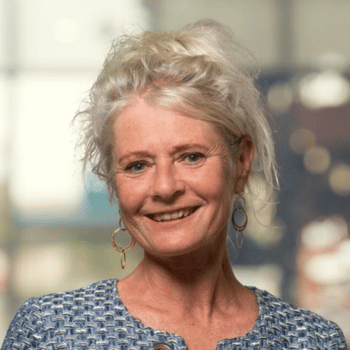
‘It’s incredibly important to invest in children; after all, they’re the future of our society.’
Behaviour change
Many children don’t eat enough fruit and vegetables, although it’s so important for growing up healthy. Healthy food prevents obesity, for example. We have knowledge on how to achieve a behavioural change for parents and children. Information is not enough and we explore at the individual level what motivates people. We also use that knowledge to make children and young people more socially resilient.
Collaboration
TNO collaborates with professionals and policymakers in the field of youth care. We provide well-founded knowledge for tackling real-world questions. To this end, we have a wide range of disciplines in-house, from doctors and educators to health promoters and statisticians. Symone Detmar says: ‘It’s incredibly important to invest in children; after all, they’re the future of our society.’
Get inspired
Group Care during the first 1000 days makes a difference around the world
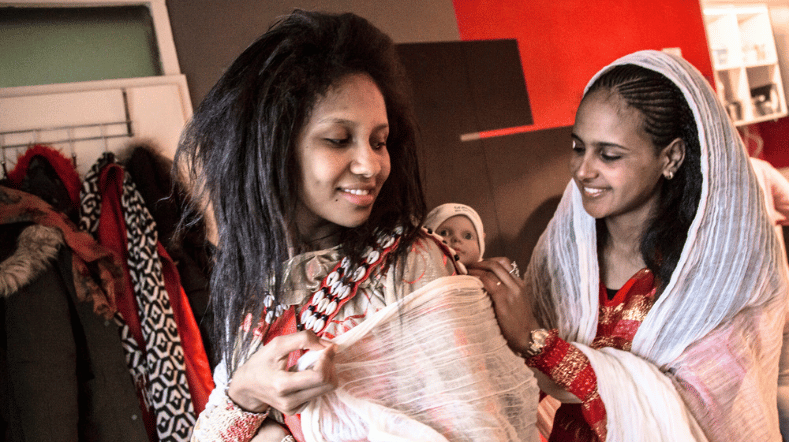

Personalised prevention and health


Eight things to know about the D-score
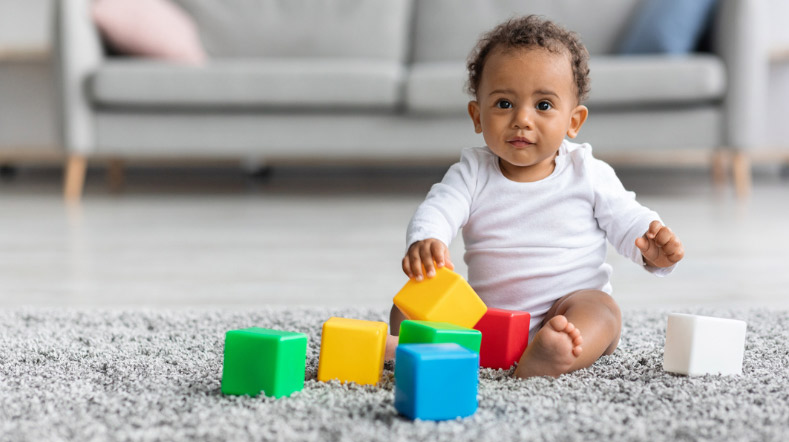

D-score in practice: simplifying the complexity of a childs development
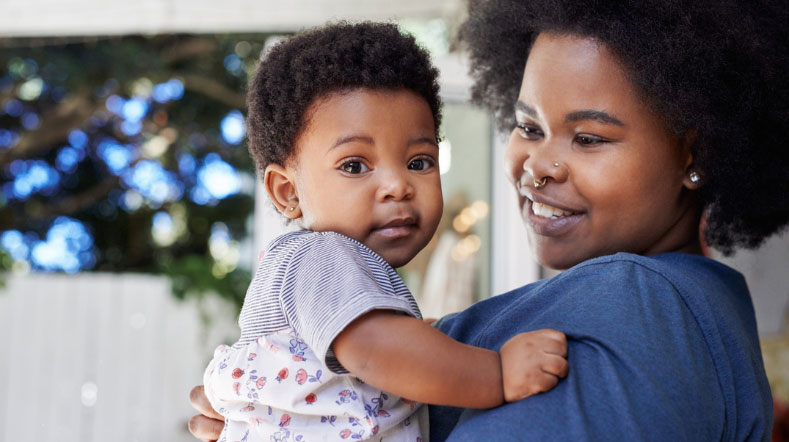

I-JGZ


